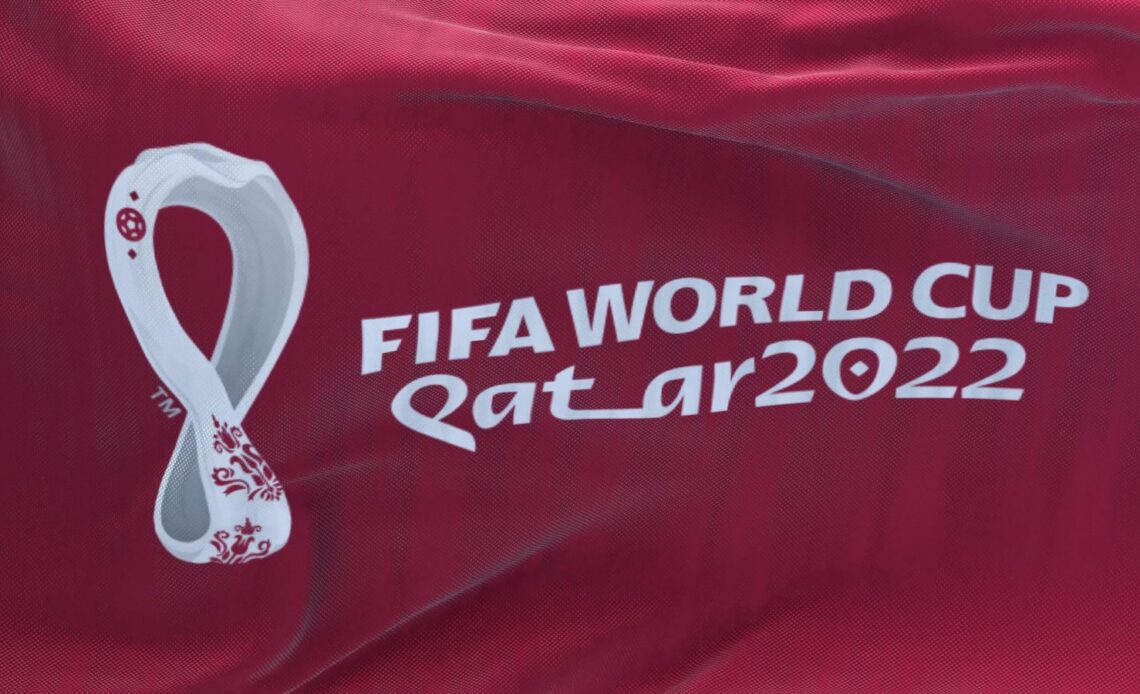The book is called How to Win the World Cup, but actually it’s harder to compete when you’re a host nation out of your depth…
The idea of a home World Cup being used as a watershed moment to beckon in a new era for a national team has become a more common strand in recent decades, with more emerging football nations earning automatic qualification for the finals as hosts.
By selecting non-elite nations, the onus on what those host countries can achieve has changed, since winning is unlikely. Instead, the pendulum of expectation has swung from home fans expecting victory to just a hope they aren’t found totally out of their depth. That brings no less pressure for managers, as well as providing a different challenge entirely.
“I had never been the manager of a host nation in a World Cup before and the emotion and feeling is completely different,” explains Carlos Alberto Parreira, who managed hosts South Africa in 2010. “The population is involved, to be part of it for three-and-a-half years, to be part of the stadium construction, preparing the team, the players, until the final moment. It was a very, very positive experience.
“When I got there, someone asked me why [I accepted the job] and I said, “The only reason I came here was because I really wanted to be the manager of a host nation,” and it was a really good experience.”
South Africa went into the tournament as the lowest-ranked side to ever host the finals. At 83rd, the Bafana Bafana were drawn in a group alongside France, former champions Uruguay and regular qualifiers Mexico. Suddenly the fear was they would be humiliated in front of a global audience. To become the first hosts not to win a match at their home tournament – or worse, fall meekly to three defeats – would undermine the positive legacy the South African FA and FIFA hoped the tournament would leave. And since this was the first World Cup to be held in Africa, the continent wanted a strong showing.
“South Africa’s group was a very hard one,” Parreira says. “I remember to this day being at the draw and they put up the eight groups and due to technical results and past World Cups, France was not a top seed. Then Jerome [Valcke], who was FIFA’s secretary general, joked that we will now draw a group for France to go in. And guess where France went in? South Africa’s group.”
To help with Parreira’s task, the South African Premier Division ended two months earlier than normal to give the Brazilian…
Click Here to Read the Full Original Article at Football365…

